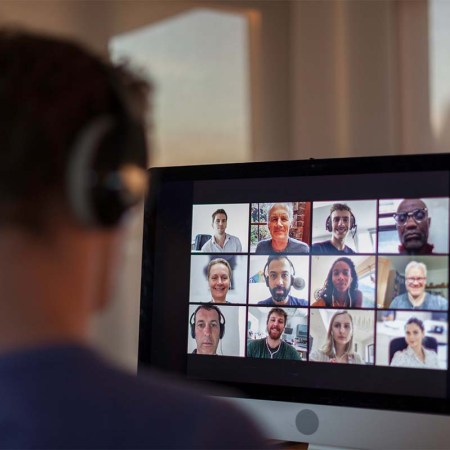Along with erotica and print media (for some reason), video-conferencing platform Zoom is one of the few things actually thriving amid the coronavirus pandemic. As everything from business meetings to weddings have moved to a digital-only format in the age of social-distancing, Zoom has shot to newfound popularity and glory as a pandemic-era hero.
But with great internet popularity comes great security risks, something Zoom is rapidly figuring out as the platform and its users fall victim to privacy threats and online harassment. Part of this risk stems from the fact that in less popular, less risky times, the easy-to-use platform prioritized user-friendliness over security, something Zoom CEO Eric Yuan says he plans to rectify.
“When it comes to a conflict between usability and privacy and security, privacy and security [are] more important – even at the cost of multiple clicks,” Yuan told NPR All Things Considered co-host Ari Shapiro. “We’re going to transform our business to a privacy-and-security-first mentality.”
Much of the harassment currently playing out on Zoom comes in the form of a practice known as “Zoombombing,” in which attackers hijack meetings with racist or pornographic content. The widespread Zoombombing incidents have prompted the FBI to warn schools against using Zoom, leading some schools and other organizations to ban the platform outright.
Google has announced its employees no longer use the platform, as it doesn’t meet the company’s security standards, and Zoom is also facing criticism from Congress for falsely claiming that users’ communications are encrypted from end to end.
Speaking to Shapiro, Yuan admitted the company had underestimated the security threats Zoom poses to users. “I never thought about this seriously,” he said. “Hijacking other’s meetings or classrooms – this is online crime,” he added. “We are very excited to know the FBI is involved.”
Subscribe here for our free daily newsletter.
Thanks for reading InsideHook. Sign up for our daily newsletter and be in the know.



















